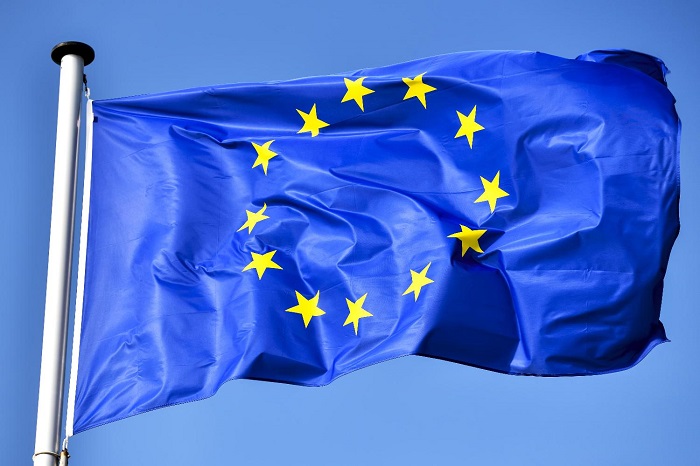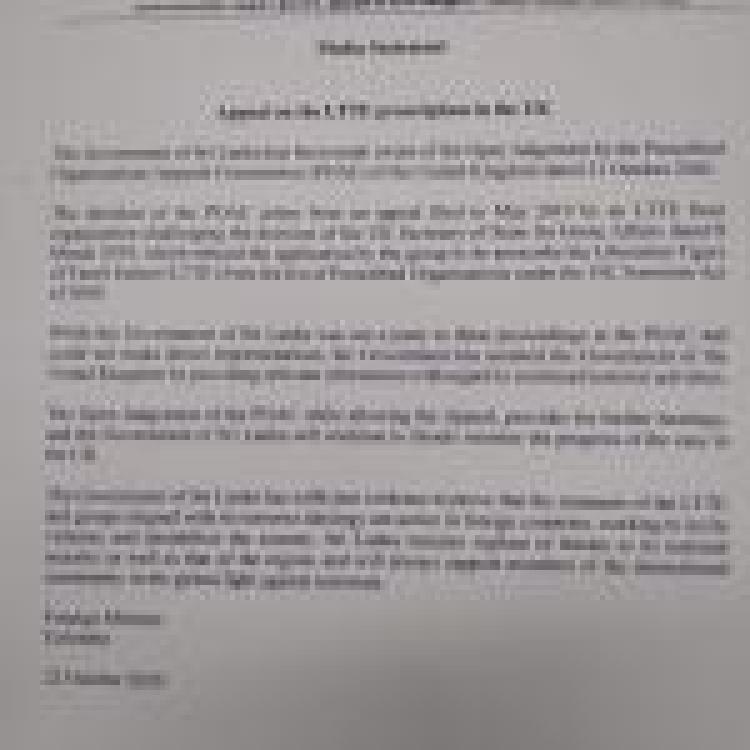
The European Union (EU) has extended its ban on the Liberation Tigers of Tamil Eelam (LTTE) for an additional six months, despite calls for it to be lifted.
This decision, made by the Council of the EU on 26 July 2024, is part of the ongoing measures under the Common Position 2001/931/CFSP. The renewal means that the LTTE, along with other listed persons, groups and entities, will continue to face financial sanctions. These sanctions include the freezing of funds and other financial assets or economic resources in EU member states. Moreover, EU entities are prohibited from providing funds and economic resources to the proscribed organizations.
The Minister of Foreign Affairs M.U.M Ali Sabry, took to X (formerly Twitter), to share a statement from the ministry.
— M U M Ali Sabry (@alisabrypc) July 27, 2024
The Ministry acknowledged the EU's decision, adding that this includes “renewed the list of persons, groups and entities set out by the Common Position 2001/931/CFSP with the view to combatting terrorism, and the LTTE continues to be banned in the EU for a further period of six months."
The LTTE remains listed in several countries around the world, despite having been militarily defeated in 2009. Efforts have been made in the Europe, including in Britain, to de-list the group in recent years.
In October 2020, a British commission ruled that the decision to ban on the LTTE was "flawed", and though the UK subsequently continued to maintain its ban the moved raised questions from British Tamils across the country.


